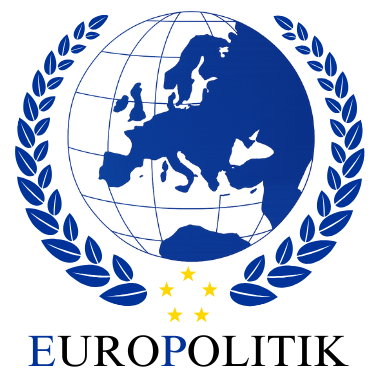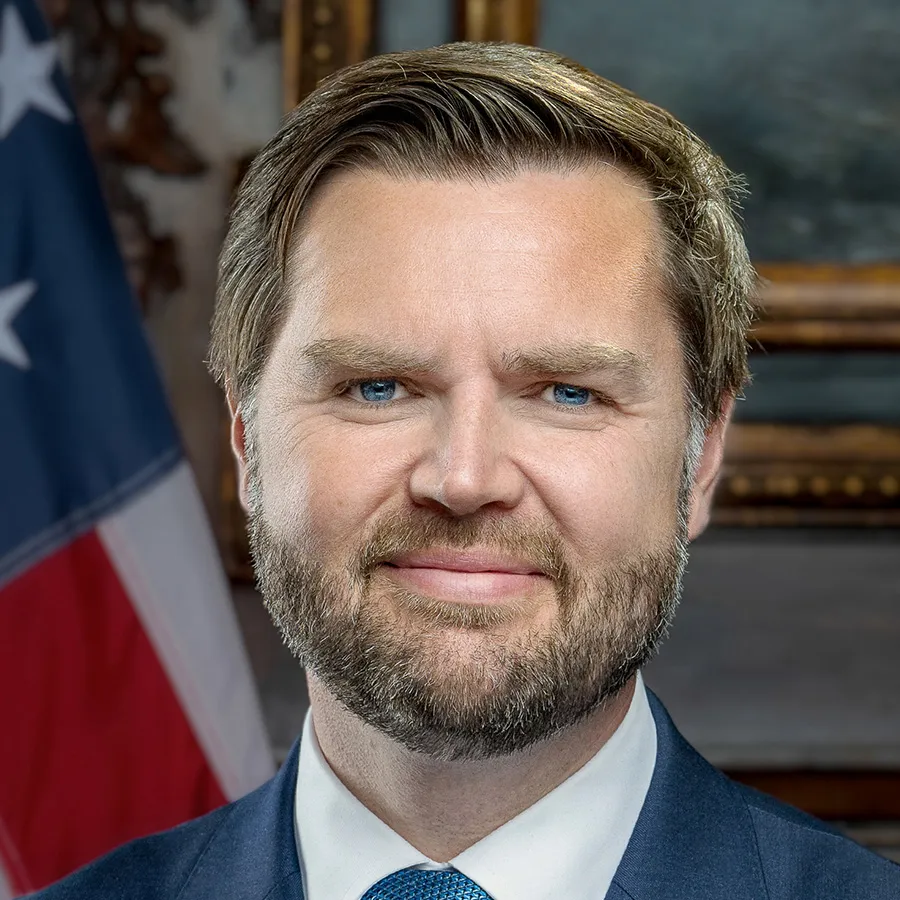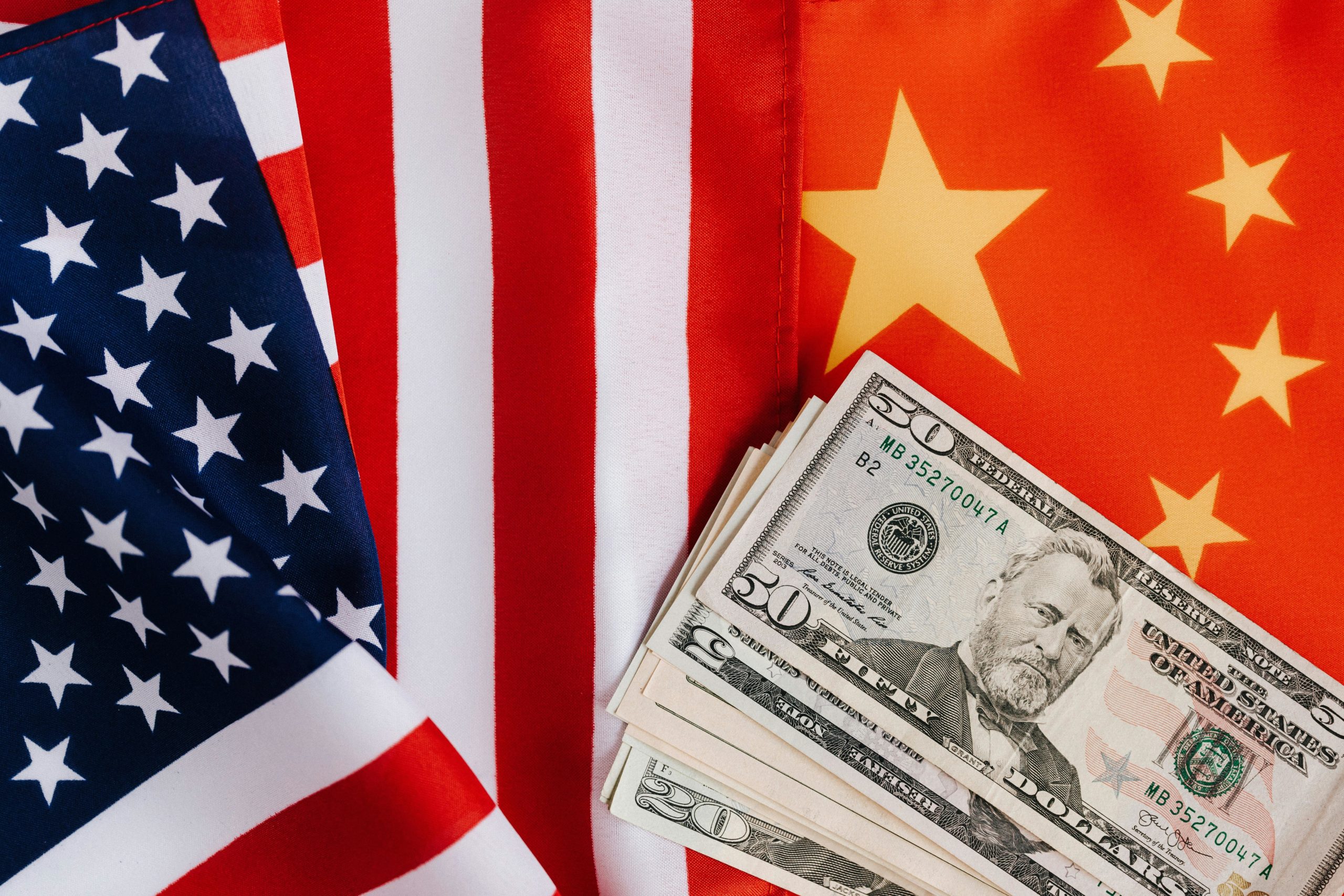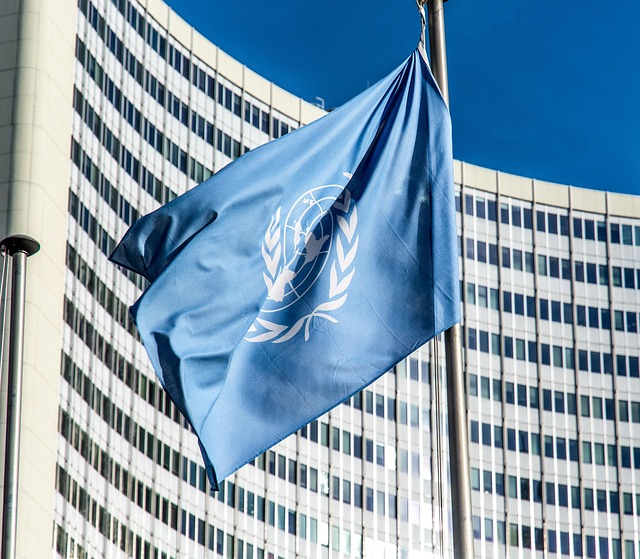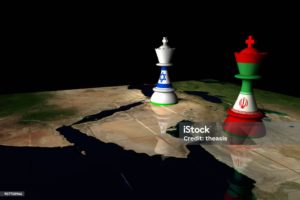Munich Security Conference: Europe Paralyzed on Defense
History will remember that the political career of the new U.S. Vice President, J.D. Vance, likely took its first international turn at the Munich Security Conference on February 14, 2025. While the international community gathered there expected a speech on global geopolitics and security, the American second-in-command instead launched a highly aggressive attack on Europe’s dependency.
In 2007, the West neither listened to Putin nor responded to his warnings. Will they repeat the same fatal strategic mistake in 2025 now that J.D. Vance has officially severed the “transatlantic bond”?
So much so that the old continent, seemingly in free fall since last November, is struggling to see clearly and continues to comment on and criticize every move of the new U.S. administration instead of taking action. While many EU leaders rushed to congratulate the billionaire on his return to the White House after the November 4 election in an attempt to win his sympathy, few understood that everything the Republican candidate had promised in his campaign was not just a barrage of fake news and empty threats. Like everyone else, Europe would pay dearly for American support—and even more so for its shift or withdrawal.
Instead of seeing this as an opportunity to rise, the EU is retreating into itself, despite the fact that for decades, the Americans had done everything to prevent the formation of a true European defense. We are now facing a real test of truth, akin to the medieval ordeals by fire, seen as divine judgment.

Since last month, the European Commission has been struggling to make its voice heard in the face of an America that has decided to prioritize its own interests. After years of feeling that many partners have taken advantage of it and lived off the American backbone—both in terms of trade balance and widespread aid—the U.S. has shifted its approach. Europe, which has long proclaimed that it has matured and can finally assume its own defense, has never managed to do so. Where is the much-touted “geopolitical Commission” promised by Ursula Von der Leyen? What about European strategic autonomy and its so-called “strategic compass”? We have already lost the South, we are losing the North with the Atlantic Alliance, and, ultimately, we are completely lost. Not only does our strategic compass lack direction, but it also seems to have lost all meaning.
For years, Europeans have deluded themselves with empty slogans, but where is the real plan for a European Defense Union? Since Donald Trump’s return to power and his daily wave of announcements, not even a single European leaders’ summit has been convened to acknowledge the changes in transatlantic relations and establish a major strategic and military plan. No one has dared to recognize Trump’s valid point: urging us to spend 5% of our budget on defense for our own interests. This money could have been directed toward developing a European arms industry, for instance.
Instead, we tremble like leaves rather than taking action. How, then, can we criticize the Americans for retreating when they feel they have overpaid for too long? Even though the European Union has created a remarkable economic exchange area, it remains a political and geopolitical dwarf—spending its time handing out moral judgments to the world. An army of bureaucrats, an overabundance of regulations, a patronizing discourse—everything that, at the very least, irritates the new U.S. administration, with J.D. Vance acting as its spokesperson in Munich.
Times have changed for passive Europe: protectionism is rising, and we are witnessing a resurgence of American supremacy, encapsulated in Trump’s famous MAGA (Make America Great Again). This shift should have been anticipated. For months, he has made it clear that the vast sums of money once spread across the world will now serve nobler and more justified objectives—America First. And Europe is left with little more than tears, playing the victim and blaming the U.S. for drifting away: tariffs, the end of support for Ukraine, negotiations with Russia to secure a peace deal as soon as possible, and the creation of a peacekeeping force financed solely by Europeans.
February 14, 2025, was far from a lovefest for those enamored with this new America led by Donald Trump, the 47th President of the United States. For many Europeans, the Bavarian capital became, within hours, a courtroom for an American-led inquisition on European soil. For the often bipolar Europeans—both pro- and anti-American at the same time—it felt like a harsh trial against the Union. Europe complains, Europe resists the Trump administration, but Europe would do better to address its own issues rather than lecture the U.S. That was essentially the message.
In his speech, the American Vice President intervened in a European political debate where he was not necessarily expected. Europeans, still powerless, continue to believe that America will always stand behind them to guarantee security and defense—something they themselves fail to build as a sovereign shield. Munich has become an unmissable event for key players in international relations, and Europe’s fate is now at stake after the initial discussions between Donald Trump and Vladimir Putin. Outside the usual frameworks of international law and multilateral institutions so dear to the European Union, Washington is drafting a peace plan between Moscow and Kyiv—one that completely sidelines the old continent. We have paid to fuel Ukraine’s resistance against Russian aggression and to defend it, and now we will pay again to maintain the peace that the American president is attempting to broker with Putin and Zelensky. In both cases, naive Europeans, trapped in their Atlanticist fantasies like so many useful idiots of Washington, will have to drain their resources once again in the hope of securing safety. At this point, Trump and Vance have no patience for European complaints. It is a bitter pill to swallow after Brussels’ strategic choice to support Ukraine (at a loss) since Putin’s invasion on February 24, 2022.
Yet instead of addressing this crucial issue, J.D. Vance used his speech to attack the very foundations of Europe, which he dislikes as much as his boss does. He painted a picture of a democracy under siege—from immigration and terrorism, among other threats. In his view, Europeans are the first to betray the very values they claim to share with Americans. This is, of course, debatable. While he denounces the rejection of the Romanian elections that favored an extreme-right candidate, he simultaneously supports Elon Musk and his pro-AfD stance, just a week before the German elections. According to him, criticizing the world’s richest man for merely expressing an opinion is a direct attack on democracy and freedom of speech.
For once, Europe finds itself singularly challenged for its paternalism and its constant lecturing on human rights—and it stings. But this should force us to reflect on our future and our own security: should we assert our existence against this emerging world, or should we negotiate and coexist with it? Against Trump and Vance, we have lost what little political credibility we had left, along with our self-righteous human rights stance.
In any case, nothing we stand for impresses or even interests the new U.S. administration. Last November, Ursula Von der Leyen practically prostrated herself before Trump upon his re-election, absurdly revealing her hand by unilaterally committing to purchasing more American gas—without consulting anyone. This bargaining chip should have been saved for future negotiations. Nothing could have been weaker or more foolish, as we now have nothing left to offer against Washington’s pressure. This is also why the new administration supports political movements that seek to overturn the current European course—a trajectory that Trump and Vance view as disastrous and that the Commission does nothing to counter: a form of social decay and European inertia. What these two figures despise most about us is our bureaucratic sluggishness and passivity: if illegal immigration is a problem, then act. If supporting Ukraine has not led to victory, then adopt a new strategy. Washington is shaking the European tree violently. Like in business—if the results aren’t there, change the strategy. Trump and Vance do not understand the EU’s stubbornness, which clings to dreams, fantasies, and illusions: Ukraine’s victory, Putin’s downfall, Kyiv’s NATO accession, a return to pre-2014 borders.
On February 12, U.S. Secretary of Defense Pete Hegseth crushed our last remaining hopes by declaring at a NATO meeting that Ukraine would never join NATO, and that Crimea and the Russian-speaking territories seized since 2022 would never be returned.
So why did J.D. Vance take such a hard stance against Europe in Munich, as if hammering the final nail in its coffin? Has Europe become its own worst enemy? His behavior could be likened to that of a manipulative sadist—breaking its victim to destroy confidence. But what other way is there to wake Europe up? As we have repeatedly stated, the next four years offer a unique opportunity for the EU to take full control of its economic, energy, and defense sovereignty. It is high time for Europeans to seize the moment provided by Trump’s return to power to assert their strategic autonomy.
That is precisely what young J.D. Vance, Vice President of the United States, pointed out that day in Munich. It’s what we call a “shock therapy” system. The U.S. will no longer play babysitter. In this new global jungle, where social media has fostered a generation of coddled citizens, Europe must reinvent itself and show its teeth—fast—or risk being devoured.
